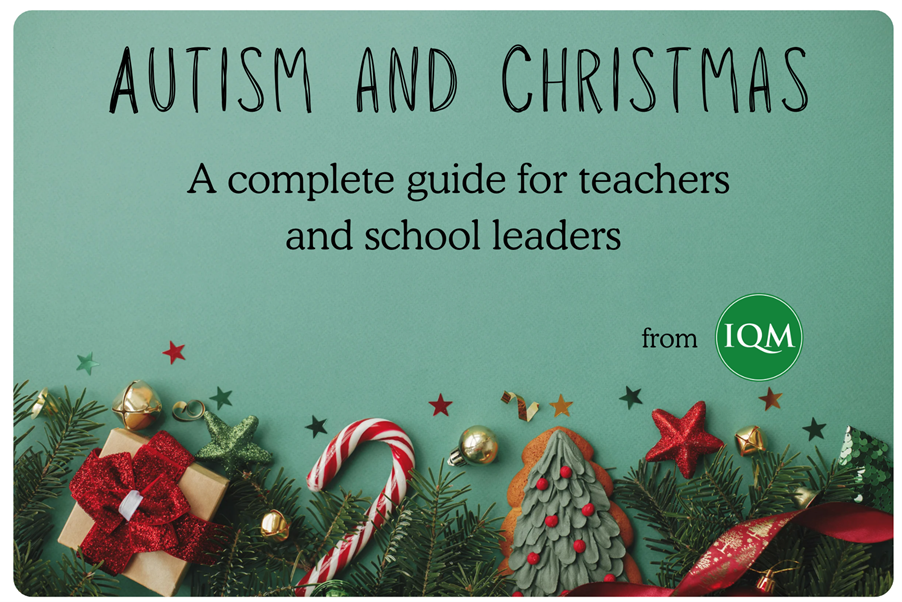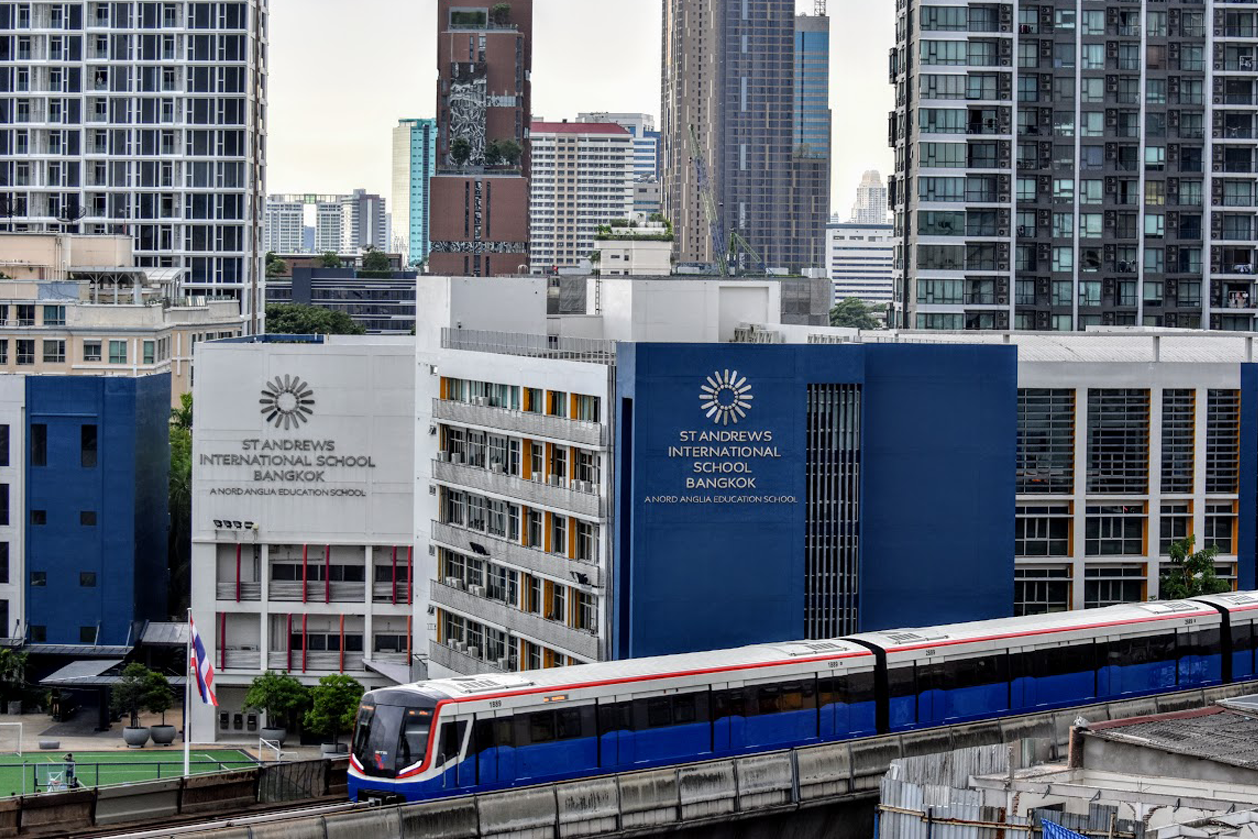Who is IQM?
IQM is the only national inclusion award in the UK. For over 20 years and in over 20 countries, schools, MATs and Local Authorities use the Inclusion Quality Mark to recognise exemplary inclusive practice.
Get in touch for your FREE school information pack today.
Westfield Primary Academy Achieves Centre of Excellence
March 6, 2024
Westfield Primary Academy has achieved the Inclusive School Award with Centre of Excellence status.
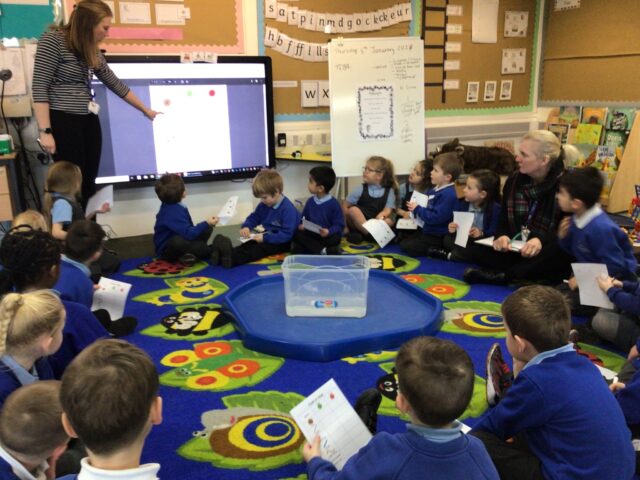
Westfield Primary Academy is situated in Haverhill, Suffolk. There are 443 children in the school and the numbers are growing as the school is becoming more popular and being seen to meet the needs of every child. There has been a change in leadership over the past years, but the new leadership team, led by a forward thinking Headteacher, has made a significant impact on improvements to the focus on inclusivity within the school.
Highest Expectations For Every Child’s Potential
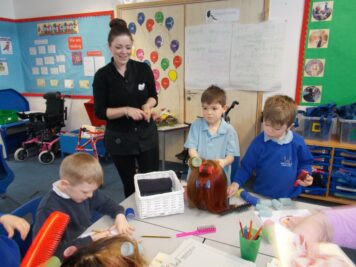
Their aim is to foster a partnership between parents/carers, children, and school staff to enable all children to experience success and flourish. The new Leadership Team has continued to keep what is working well and look outwards in their pursuit of excellence for every child in their care. They constantly review, reflect and learn in the pursuit of excellence. The school makes reasonable adjustments to ensure that children with special educational needs and disabilities can fully participate in all aspects of school life. Any adaptations to the curriculum are tailored to meet the individual needs of each child, with the aim of fostering their social and academic inclusion. The staff cater to a significant number of pupils with SEND needs and are developing a reputation within the local authority for the ability to effectively support these children and help them achieve success. There is little exposure to diversity and the majority of children do not have culturally rich experiences outside of school. The school makes every effort to compensate for this by providing a rich, aspirational curriculum that reflects the multi-cultural nature of the population. Curriculum with Unity Schools Partnership (CUSP) is based in evidence-led curriculum structures, such as retrieval, spaced retrieval practice and interleaving. It is underpinned by explicit vocabulary instruction and research-focused pedagogy. The principles behind the curriculum sit firmly within the school’s own ethos and philosophy of having the highest expectations for every child’s potential.
The curriculum the school uses is a result of a coherent curriculum designed by experts and powerful CPD led instructional teaching strategies. The CUSP curriculum is also designed to provide consistency and high expectations. CUSP is ambitious and it is designed to not only improve outcomes for pupils, but also teacher subject knowledge. Integral to CUSP is the evidence-led pedagogy that sits behind the architecture of the curriculum design. CUSP modules are deliberately sequenced for robust progression and this allows teachers to focus on the lesson. There is an emphasis on oracy and vocabulary acquisition, retention and use to break down learning barriers and accelerate progress. It is a rich diet of language and vocabulary and specific skills are discreetly taught and practised so that they become transferrable.
Assemblies offer children a broader view of life and invitations to professionals from all walks of life to talk to the children in school attempts to broaden the children’s perspective. Trips into the community to local businesses give pupils a much wider view of life than the one they experience on a daily basis.
Devoted To Developing A Broad, Balanced, Diverse And Well Thought Through Curriculum
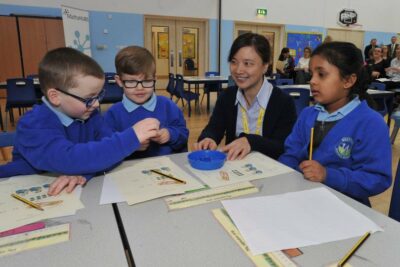
Pupils have made good progress over the last two years from low starting points and all staff in the school are committed to ensuring individual progress continues to reflect the hard work that has been devoted to developing a broad, balanced, diverse and well thought through curriculum which offers opportunities for every child to progress. This is evident in the improvements in the KS2 test results in 2023 with Writing at 76.3%, Maths at 72.9% and Combined at 55.9%. Reading is still a target for the school, but the CUSP reading curriculum is showing signs of having an impact on this outcome. Writing has improved and this is reflected in the reading, writing and maths combined score. The school intends to build on these outcomes and already there are signs of improvements lower down the age range. The school is committed to narrowing the achievement gap for disadvantaged pupils and ensuring that all students have the opportunity to experience and celebrate success, without leaving anyone behind. The leaders articulate their enthusiasm and determination to achieve the best for the children and are well supported by the Unity Trust which encourages a partnership that respects, sustains and supports the school, allowing it to be independent with a set of shared values. The Governors are very supportive of the direction in which the school has been led over recent years. They are experienced and their understanding of the key issues relating to the inclusive nature of the school and the way in which the school has moved forward in terms of school improvement is apparent. After a brief spell in which they had a joint governing body with neighbouring Samuel Ward Secondary School, they are now again having the opportunity to support and challenge the school independently. Their expertise stems from a wide variety of backgrounds and the governors understand the local area and the issues facing the school very well.
Good work is carried out with families, pupils and the community generally to ensure that children are cared for and valued. There are good communication systems which give parents and carers confidence in the school and in its support for their child’s needs. Email, texting, newsletters and parent consultations, as well as one to one conversations, keep parents regularly informed about their child’s education and needs. The Class Dojo online system offers regular and convenient communication between staff and parents and also provides a translation service for pupils with EAL. The Pastoral Team are well versed in providing an understanding point of view to parents and families but can also challenge when the need arises. The Happy Shed, which is open to the community, provides essential resources such as food, toiletries and clothing for families in need. The school also distributes food hampers to disadvantaged families during the Christmas season and offer Tesco vouchers to families facing financial difficulties.
The atmosphere in classes and in shared areas is calm with children reflecting and valuing the care and attention which all staff show for them. Children are often involved in the decision-making process when matters relating to their school environment and learning are concerned. The school has recently implemented the Zones of Regulation programme which equips pupils with the vocabulary to express their emotions and provides them with strategies for self-regulation, which are valuable life skills. Zones of regulation displays can be found in every classroom as a strategy for pupils to communicate their feelings. The School Council empowers children to take responsibility for their own actions and for activities around the school and there are Ambassadors who all take their roles very seriously.
Current Learning Leads Onto Many Opportunities
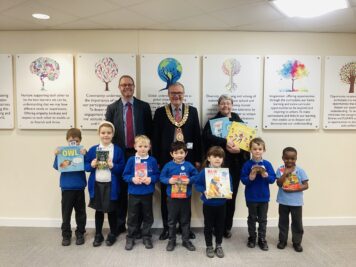
The school has strong links with the local community. Good use is also made of the local environment and services to extend the curriculum. There is good support for local and national charities and an involvement of the children in raising funds for children less fortunate than themselves. The school has also planned for outside visitors to enhance experiences and learning in school. The school is actively involved with the local Haverhill initiative, Cradle to Career, which aims to bring together residents, local services, professionals, and community leaders to support the children and young people of Haverhill. The school aims to ensure that its children see beyond their ‘bubble’ and what opportunities exist. Staff want the children to understand that their current learning leads onto many opportunities. The curriculum is consequently designed to include local, national and international references.
The well set out EYFS outdoor environment encourages free flow and teacher directed and child-initiated activities. It is developing the EYFS CUSP curriculum supported by the Trust and it is bright with indoor, child-led learning a focus. The Nursery class has a lovely, homely feel with an outdoor environment providing a sand pit, mud kitchen and sound drums amongst other equipment to stimulate children’s senses. The playground and field are spacious and there are shaded areas provided by trees for the summer and ample space for children to use their creative instincts. A forest school area with an outdoor class has potential and there are plans to develop it in the future.
The Self Evaluation Report reflects the high quality of evaluation that exists in the school. It is comprehensive and reflects the school as seen by the assessor. Westerfield Primary Academy is an example of a school committed to meet the needs of its children and in its implementation of inclusive practice. It is a happy, caring environment for pupils where high expectations have a huge impact on attainment, progress and wellbeing.
Find out more about the IQM Inclusive School Award
If your school is interested in obtaining the IQM Inclusive School Award or you wish to talk to a member of the IQM team please telephone:
028 7127 7857 (9.00 am to 5.00 pm)
or email: admin@iqmaward.com for further details.
Want more information on the IQM Award? Click here to request your free IQM information pack.
Other Posts

About IQM
The only national award for inclusion in the UK, IQM has been committed to recognising exemplary inclusive schools for over 20 years and in over 20 countries around the world. The three awards allow schools and organisations to celebrate their inclusive practice against nationally recognised framework.
Site Links
© 2026 Inclusion Quality Mark | website developed & cared for by digidoda

